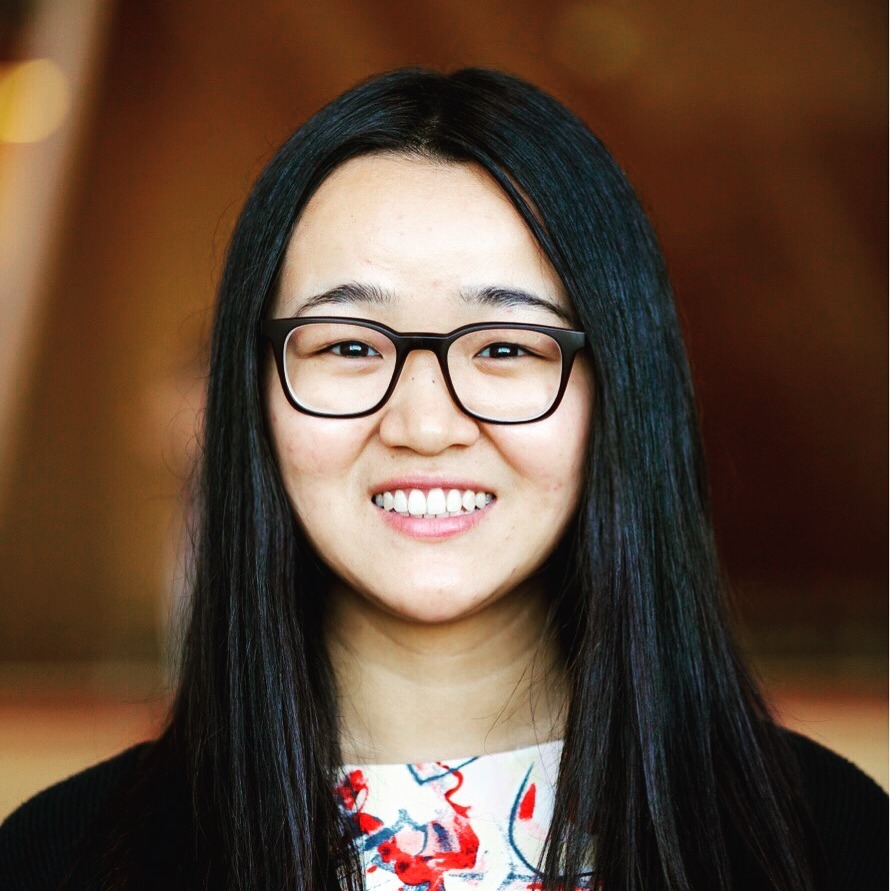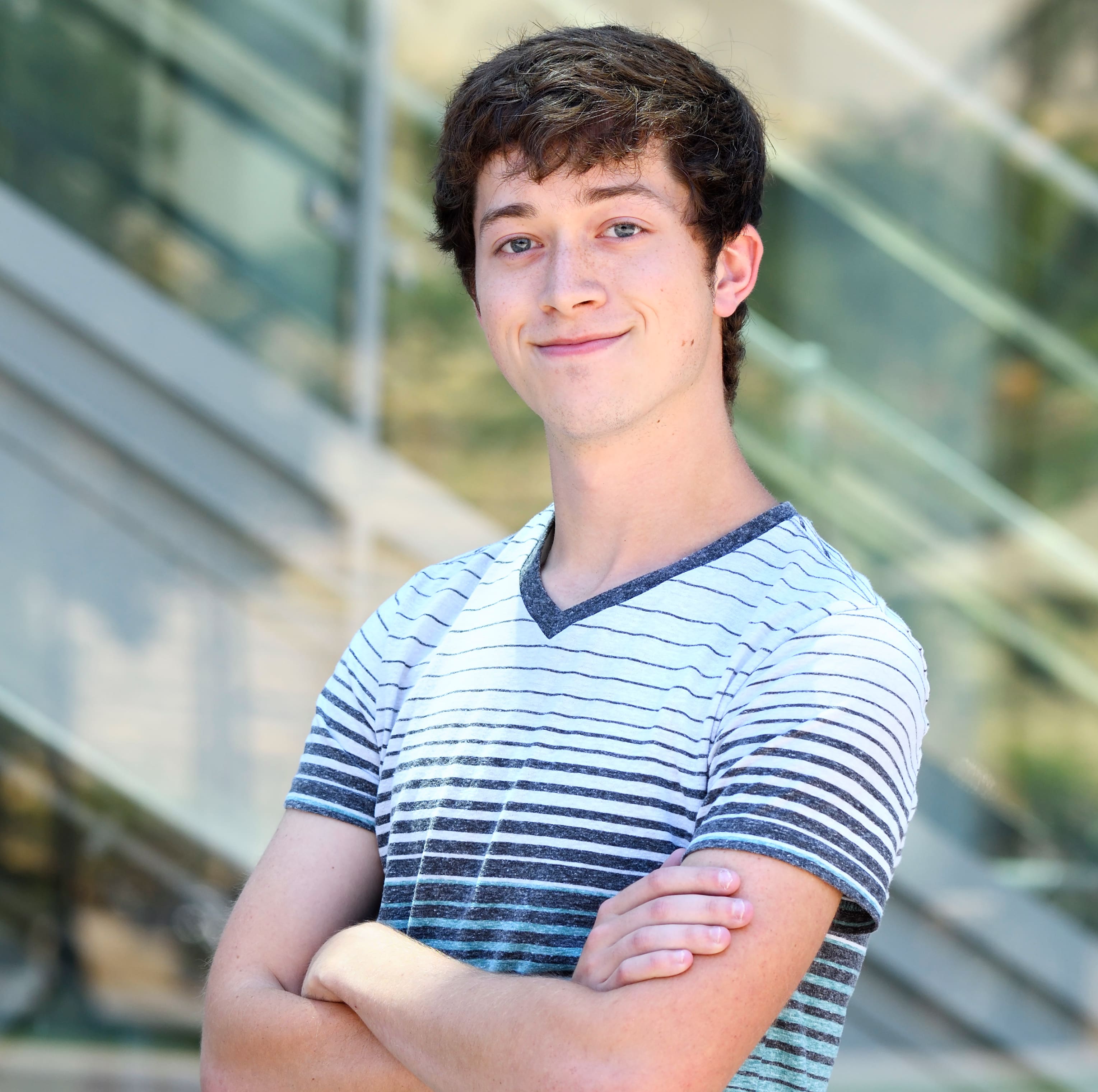Computational Social Science
MW 3:30-4:45pm, East Architecture 207
Course Information
This course is about using a variety of techniques from NLP, ML, and social science to develop a broad understanding of the emerging cross-disciplinary field of Computational Social Science. Example topics include methods of text analyses, and applications to social science fields, such as political science, sociolinguistics, sociology, and economics.
Certain slides, and materials for this course are borrowed from Jacob Eisenstein, David Bamman at UC Berkeley, and Robert Kraut at CMU.
- Piazza:
- piazza.com/gatech/spring2022/cs6471
- Office Hours (Eastern Time):
-
Caleb Ziems:
Mondays 4:45PM - 5:45PM (Right After Class)
Location: West Architecture Classroom 260 (and BlueJeans)
Shang-Ling Hsu
Thursdays 11AM-12PM
Location: College of Computing Building, First Floor Commons (and BlueJeans)
Prof. Diyi Yang
By Appointment
Schedule
Note: tentative schedule is subject to change.
[🚀] indicates optional reading.
| Date | Topic | Readings |
| Jan 10 |
Introduction to CSS
Slides |
|
| Jan 12 |
Lecture: NLP and Machine Learning Basics
Slides |
|
| Jan 17 |
No Class: MLK Day
|
|
| Jan 19 |
Bias, Fairness, and Ethics 1
Slides |
|
| Jan 24 |
Bias, Fairness, and Ethics 2
Slides |
|
| Jan 26 |
Introduction to Project Ideas
Slides |
|
| Jan 31 |
Language Civility 1
Slides |
|
| Feb 2 |
Language Civility 2
Slides |
|
| Feb 7 |
Guest Lecture from Su Lin Blodgett on:
Language, Language Technologies, and Justice (hover for abstract)
|
|
| Feb 9 |
Lecture: Social Science Theories
Slides |
|
| Feb 14 |
Computational cognitive modeling 1
Slides |
|
| Feb 16 |
Computational cognitive modeling 2
Slides |
|
| Feb 21 |
Language Influence 1: Persuasion / Neogiation
Slides |
|
| Feb 23 |
Language Influence 2: Deception
Slides |
|
| Feb 28 |
Project Consultation (in-class)
|
|
| March 2 |
Information Diffusion 1
Slides |
|
| March 7 |
Information Diffusion 2
Slides |
|
| March 9 |
Mid-way Project Presentations
|
|
| March 14 |
Cross-Cultural CSS 1
Slides |
|
| March 16 |
Cross-Cultural CSS 2
Slides |
|
| March 21 |
No Class: Spring Break
|
|
| March 23 |
No Class: Spring Break
|
|
| March 28 |
Guest Lecture from Katherine Keith
Text and Causal Estimation: Text as Causal Confounders and Mediators (hover for abstract)
|
|
| March 30 |
Lecture: Statistics & Casual Inference Basics
Slides |
|
| April 4 |
Multimodal CSS 1
Slides |
|
| April 6 |
Multimodal CSS 2
Slides |
|
| April 11 |
Social Roles and Teamwork
Slides |
|
| April 13 |
Human AI Interaction
Slides |
|
| April 18 |
Social Movements
Slides |
|
| April 20 |
Final Project Presentation 1
|
Final Presentations |
| Apr 25 |
Final Project Presentation 2
|
Final Presentations |
Grading
- 50% Project
- Project Proposal and Literature Review (10%)
- Midterm Report (15%)
- Final Report (20%)
- Project Presentation (5%)
- 25% Reading Responses
- 15% In-Class Presentations
- 5% Attendance Quiz
- 5% In-Class Discussion
Prerequisites
The course is designed for graduate students who are interested in natural language processing and computational social science. Prerequisites: a course in artificial intelligence or any relevant field (e.g., NLP, ML); proficiency with using ML/NLP tools.
Furthermore, this course assumes:
- Good coding ability, corresponding to at least a third or fourth-year undergraduate CS major.
- Background in basic probability, linear algebra, and calculus.
- Familiarity with machine learning is helpful but not assumed. Of particular relevance are linear classifiers: naive Bayes, and logistic regression.
FAQs
-
The class is full. Can I still get in?
Sorry. The course admins in CoC control this process. Please talk to them.
-
I am graduating this Fall and I need this class to complete my degree requirements. What should I do?
Talk to the advisor or graduate coordinator for your academic program. They are keeping track of your degree requirements and will work with you if you need a specific course.
-
I have a question. What is the best way to reach the course staff?
Registered students – your first point of contact is Piazza (so that other students may benefit from your questions and our answers). If you have a personal matter, please email us.
Related Classes (not exhaustive!)
- Social Computing, Georgia Tech
- Social Computing, Stanford
- Computational Social Science, Georgia Tech
- Computational Ethics for NLP
- Natural Language Processing and Social Interaction, Cornell
- Ethical and Social Issues in Natural Language Processing, Stanford
- Social Media Analysis and Computational Social Science, UMass Amherst
- Deconstructing Data Science, UC Berkeley


